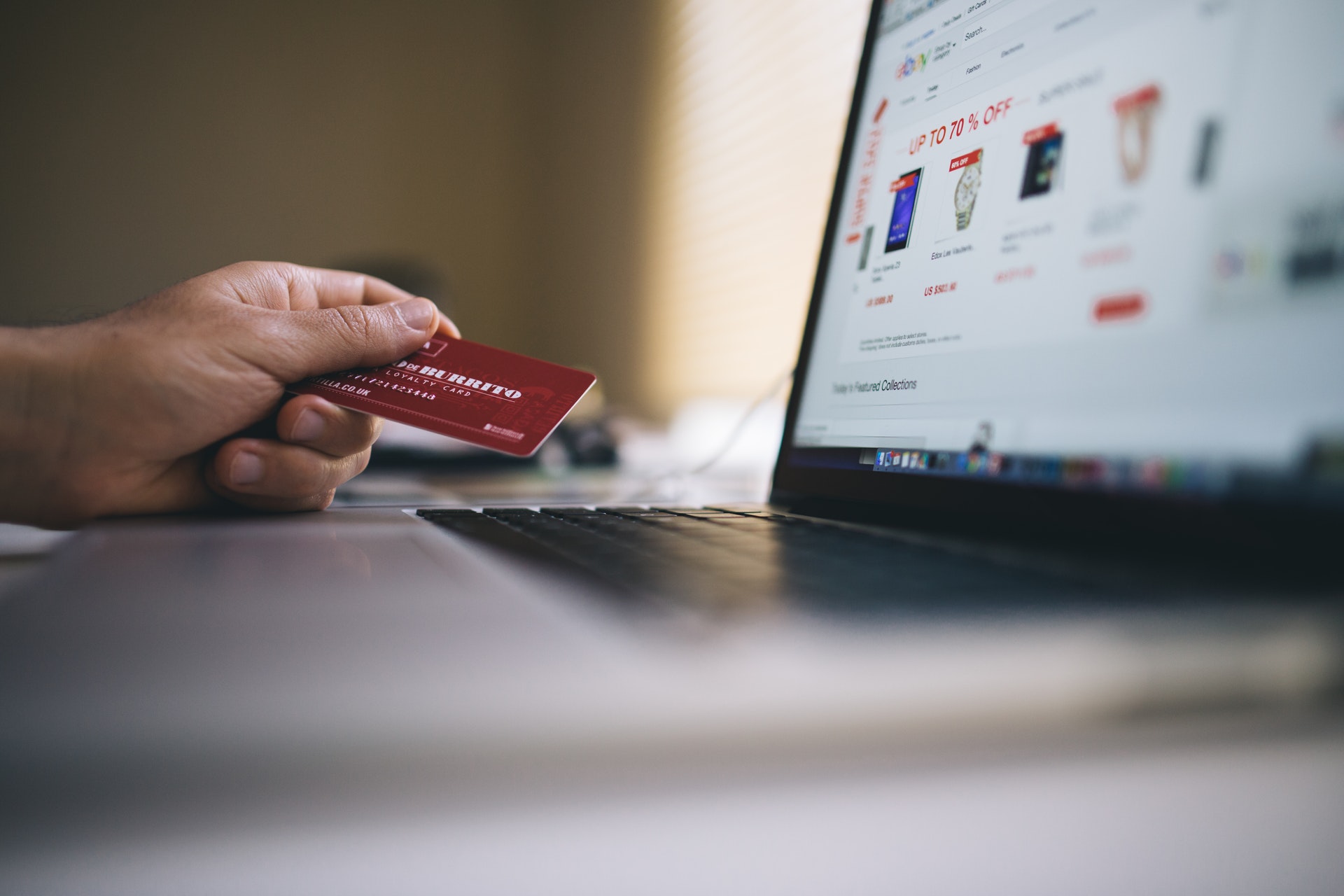The world is a truly borderless place. From information to products/services, a person can procure almost anything from any part of the world. This is all due to the explosive growth of the internet and ecom elites.
If one were to observe the internet’s growth trajectory, it grew rapidly the past two decades. The internet has become a basic necessity, a part and parcel in everyone’s life. While the internet provides multiple opportunities, it has also invited much lurking danger.
Right from the creation of the Dark Web to a malicious activity like voice phishing, cybersecurity has become a rising concern.
While the internet is all fun and games, people need to protect themselves when they’re online. Cybersecurity is a rising concern for businesses and individuals. Just about anyone can become a victim of a cyber-attack if they do not follow basic cybersecurity measures.
While individuals can depend on anti-virus and anti-malware, organizations need to have stringent measures in place. E-commerce companies need to follow e-commerce security to keep hacker’s hands off.
It constitutes of comprehensive measures that will keep malicious cyber-attacks at bay. If hackers get access to the database, the whole organization is in jeopardy.
Importance of Maintain E-Commerce Security
Since the internet is an indispensable tool, it is important to safeguard online spaces like e-commerce websites. According to a report, the e-commerce industry is 30% more vulnerable to a cyber-attack. This is because there is sensitive information stored on websites and apps. Another report states, that 60% of e-commerce businesses are unable to survive after the attack. This is especially applicable for small and medium businesses.
These are just a few eerie numbers when it comes to cybersecurity. But it also elucidates that cyber security is not a joke. An e-commerce website depends on the exchange of information. Therefore, it is important to invest in measures to safeguard personal spaces like websites. E-commerce security is not only limited to websites, but also for mobile applications.
They are just any other online property the business or organization owns. From fraudulent charges to immersive cyber hacks, cyber-crimes are difficult to fight. Since prevention is always better than cure, it is important to have preventive measures in place.
What Are Preventive Measures an E-commerce Website Can Take?
E-commerce Security can be threatened by several cyber-attacks – voice phishing, fraud, DDoS (Distributed Denial of Service), multiple vulnerabilities, etc. Here are a few preventive measures that’ll help keep cyber-attacks at bay:
1. Installing in an SSL Certificate:
Owning e-commerce website permits for customer information. This information needs to be protected throughout – before, after, and during the transaction. This is where SSL Certificate comes into play. This certificate helps to encrypt information throughout the transaction. Many certificate authorities provide an SSL certificate and for ecommerce website, EV SSL certificate is an ideal choice to get better security and high business authentication. It is highly recommended for E-commerce security.
2. Properly secure all-important information:
Be it about business or clients, it is important to provide additional security to prevalent information. While an HTTPS is a powerful layer of security, important information should have multiple levels of protection. From the servers, database to the online portal, all information should be sealed. Another thing to keep in mind is to provide access to such information only to limited personnel.
3. Keep only what’s needed:
While having consumer information is very important for marketing purposes, it is important to only keep limited consumer information. It is a healthy practice to consistently vet consumer data, delete redundant information, and only keep useful information. Even when collecting customer information, take only what is necessary. Avoid collecting information that is not needed. The lesser the data there is, the more security it brings.
4. Test runs hold the key:
Every website has vulnerabilities. These vulnerabilities are access points that remain unprotected. Many e-commerce chains don’t even realize the vulnerable access points. But various tools can help to scan for any vulnerability. Once the vulnerabilities are identified, they need to be looked into and fixed. Once the protective measures are set in place, it is an important test to ensure they’re impenetrable. Running accuracy checks and scans help address these vulnerabilities more stringently.
5. Update regularly:
With technology continuously evolving, the key to maintaining e-commerce security is through updates. These updates help to secure and streamline the function of the software. There are also updates for your security measures. These updates are usually small measures that strengthen the software or hardware. It will help reduce the number of common cyber-breaches website experiences. It also gives each access point a bit more extra security.
6. Back-up regularly:
This a good practice to maintain in just about any given situation. Backing-up data is a practice that comes in handy just about any time. If anything happens to your database or server, then your back-up is there to save the day. But this means that the back-up data requires a good amount of security.
7. Secure payment gate:
If an e-commerce website involves some sort of financial transaction or purchase, you need to secure the payment gates. There are various ways to do this. This is because payment details are what hackers are after. So, it is important to secure the payment details. Give consumers various payment options, so that they can pay in the way they’re most comfortable. E-commerce should obey the rules and regulation of PCI-DSS requirement if the business is accepting online payment.
Conclusion:
Keeping hackers and cyber-attacks at bay is a difficult task. Online portals and websites need to have powerful security measures in place. With the internet being a vast ocean of uncertainty, it is extremely difficult to eliminate the threat of cyber-attacks. But this does not mean that websites and other online resources can’t take measures to stay protected.
Battling cyber-attack is an ongoing process, but one can only do so if they have their preventive measures in place.
